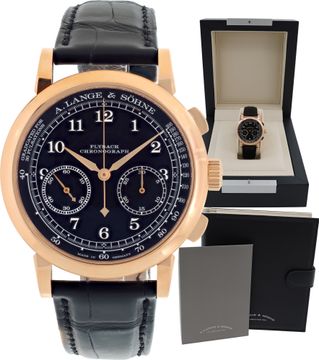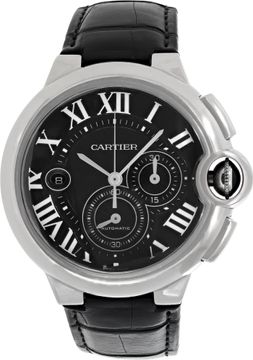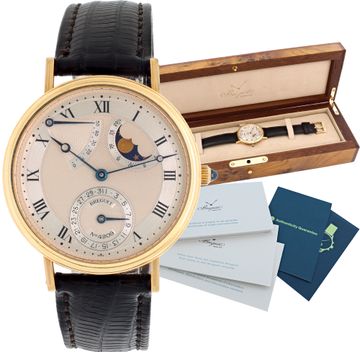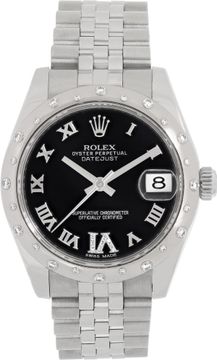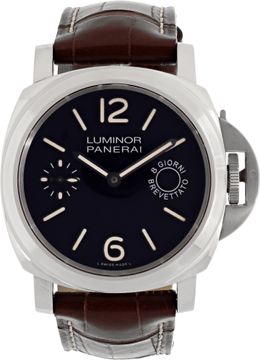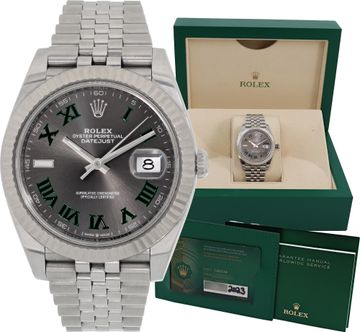IGI vs GIA: Which Diamond Certification Should You Choose?

Image Link: https://www.grayandsons.com/s519623-gia-certified-radiant-cut-diamond-507/
When purchasing a diamond or diamond jewelry, the certificate accompanying it is as critical as the gem itself. This document serves as an impartial assessment of the diamond’s quality, including its cut, color, clarity, and carat weight. Among the various certification bodies available, the Gemological Institute of America (GIA) stands head and shoulders above the rest. Renowned worldwide for its rigorous standards and unbiased reporting, GIA has established itself as the benchmark in diamond certification. Conversely, organizations like the International Gemological Institute (IGI) often fall short, creating significant concerns for buyers when considering IGI vs GIA. Here's why GIA certification is essential and why you should demand nothing less.
GIA: The Global Authority in Diamond Grading
The GIA, founded in 1931, is the world’s leading authority on diamonds, colored stones, and pearls. It is a nonprofit organization dedicated to ensuring the highest standards of diamond grading. GIA invented the universally accepted grading scale for diamonds—the 4Cs: Cut, Color, Clarity, and Carat Weight—a system used worldwide today.
What makes GIA exceptional is its rigorous, science-driven approach. Every diamond submitted to GIA undergoes a comprehensive examination by multiple gemologists, ensuring the most accurate and consistent results. The institute’s processes are transparent and standardized, meaning you can trust that a GIA certificate reflects the true quality of a diamond, unlike some IGI reports.
Why GIA Outshines Other Certification Bodies
While there are other gemological laboratories offering diamond certification, none can match the credibility and reliability of GIA. Organizations like IGI, EGL (European Gemological Laboratory), and others are often criticized for their inconsistent grading standards. Here’s a closer look at how these organizations fall short:
1. IGI: Inconsistent and Lenient Grading
The International Gemological Institute (IGI) is a name often encountered in the diamond industry, especially for mass-market and retail-level diamonds. While IGI certificates are generally cheaper and quicker to obtain, they often come at the cost of accuracy, especially when compared to GIA's rigorous grading report. IGI is notorious for being lenient in its grading practices, which can inflate a diamond’s perceived quality and value.
For instance, a diamond graded as "G" color and "VS2" clarity by IGI might only be graded as "H" color and "SI1" clarity by GIA. This disparity can significantly affect the diamond’s actual value, leaving buyers with an overpaid and overvalued gem.
2. EGL: Inflated Grades and Questionable Practices
The EGL, another certification body, is frequently criticized for its inflated grading standards. Diamonds graded by EGL often appear better on paper than they actually are, misleading consumers who rely on these reports instead of GIA's more reliable grading report. While EGL-certified diamonds may seem like a bargain, buyers risk acquiring a stone that does not meet their expectations in quality or value.
3. Reliability and Trust
Unlike GIA, which operates as a nonprofit organization, many other certification bodies function as for-profit entities. This creates a potential conflict of interest, where lenient grading can attract more business. GIA’s independence and nonprofit status ensure that its primary focus remains on integrity and accuracy, not profit.
The GIA Difference: Why It Matters
GIA’s reputation as the most trusted name in diamond certification is not just industry rhetoric—it’s backed by decades of excellence and innovation. Here are some of the key reasons why GIA remains the global standard:
1. Uncompromising Standards
GIA employs a highly scientific and methodical approach to diamond grading. Each diamond is evaluated multiple times by different gemologists to eliminate subjectivity and ensure consistent results. Their grading process is so rigorous that even the slightest variations in a diamond’s quality are accurately documented.
2. Tamper-Proof Reports
Every GIA-certified diamond comes with a detailed report and, often, a laser inscription on the diamond itself. This inscription includes the diamond’s unique GIA report number, ensuring that the certificate corresponds to the diamond in question. This added layer of security provides buyers with peace of mind, especially when they have a GIA diamond grading report.
3. Global Recognition
GIA certificates are recognized and respected worldwide. Whether you’re buying a diamond in New York, Paris, or Tokyo, a GIA certificate ensures that your diamond’s quality is universally understood and trusted, especially when comparing IGI certification.
4. Consumer Education
Beyond certification, GIA is committed to educating consumers about diamonds. The organization’s extensive resources help buyers make informed decisions, empowering them to understand what they’re purchasing and avoid potential pitfalls.
Why You Should Only Buy GIA-Certified Diamonds

Image Link: https://www.grayandsons.com/s518932-gia-certified-asscher-cut-diamond-903/a certified
When you’re interested in a diamond or maybe a GIA certified diamond engagement ring, it’s essential to ensure you’re getting what you pay for, particularly by reviewing the differences between IGI and GIA certifications. Here are the top reasons why you should insist on GIA certification over IGI certification:
1. True Value
GIA certification guarantees that a diamond’s quality and characteristics are accurately represented. This ensures you’re paying a fair price for the gem’s actual quality, not an inflated value based on questionable grading, such as that often found in IGI reports.
2. Resale and Asset Confidence
Diamonds are often seen as both sentimental and financial assets. A GIA certificate adds credibility and value to your diamond, making it easier to resell or appraise in the future. Without a GIA certificate, a diamond’s true value may be questioned, leading to potential losses.
3. Avoiding Deceptive Practices
Unfortunately, the diamond industry is not immune to deceptive practices. Without a trusted certification, you may unknowingly purchase a diamond with undisclosed flaws or treatments. GIA’s stringent processes help protect buyers from such risks.
The Risks of Non-GIA-Certified Diamonds
Choosing a diamond certified by organizations other than GIA can lead to significant drawbacks, particularly when comparing the differences between IGI and GIA.
- Inaccurate Grading can lead to significant issues for consumers who choose IGI certification over GIA.: Lenient grading can result in overpaying for a lower-quality diamond.
- Misleading Practices can often arise when relying on IGI vs GIA certifications.: Some certification bodies fail to disclose treatments or enhancements, which can affect the diamond’s longevity and value.
- Lower Resale Value: Non-GIA certificates are often met with skepticism in the secondary market, reducing the diamond’s resale potential.
How to Ensure You’re Buying a GIA-Certified Diamond
To guarantee you’re purchasing a GIA-certified diamond, follow these steps:
- Ask for the Certificate: Always request to see the GIA certificate before making a purchase.
- Verify the Report: Use GIA’s online Report Check tool to verify the authenticity of the certificate.
- Look for the Laser Inscription: Check the diamond for its unique GIA report number inscribed on the girdle.
- Choose Reputable Retailers: Buy from trusted jewelers who specialize in GIA-certified diamonds.
Conclusion: Trust Only GIA
When it comes to diamond certification, the choice is clear: GIA is the gold standard. Its unparalleled accuracy, integrity, and global recognition make it the most trusted name in the industry. While other certification bodies like IGI and EGL may promise savings or faster turnaround times, they often compromise on quality and trustworthiness—risks no buyer should take.
Owning a diamond as an asset is a significant decision, both emotionally and financially. By insisting on GIA certification, you can rest assured that your diamond’s quality is accurately represented, giving you confidence in your purchase. Don’t settle for anything less than the best—choose GIA-certified diamonds and enjoy the peace of mind that comes with owning a gem of true value and authenticity.
Where to Sell your GIA Certified Jewelry
If you're interested in selling, consigning, or trading in any of your luxury pieces, our online buying platform, SellUsYourJewelry, is here to help. As a reputable buyer of fine jewelry and high-end watches, we provide a seamless, transparent, and fair process to sell any of your pieces. Visit our website or reach out today to discover how you can confidently sell your luxury piece.
Exquisite Pre-owned Luxury Watches and Jewelry: New Arrivals for December 25, 2024
NEXT ARTICLE
The Ultimate Guide to buy a Pre-Owned Rolex Watch

